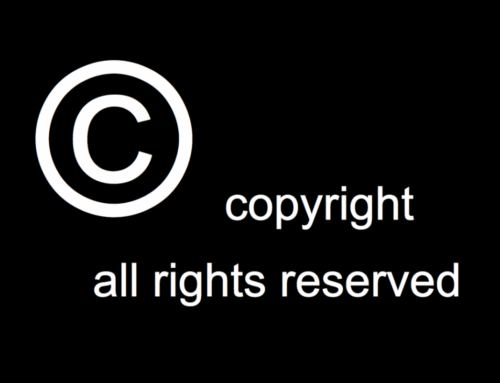A Canadian judge recently ruled that a farmer’s thumbs-up emoji constituted approval of a contract a grain buyer had drafted, signed, and texted to him.
The grain buyer’s message said, “Please confirm flax contract.” The farmer replied with the thumbs-up emoji, but never delivered the grain.
Although the farmer argued that his thumbs-up emoji indicated only that he had received the contract, not that he agreed to its terms, the judge sided with the grain buyer.
One reason for the judge’s ruling was that the parties had worked together for several years, and during that time, the farmer had always delivered the ordered seeds after responding with brief statements such as “Looks good,” “OK,” and “Yup.”
Another reason the judge believed that the emoji meant the farmer had agreed to the contract is that he never got back to the grain buyer to provide any further comments about the contract, as would have been appropriate if he’d truly meant the thumbs-up to indicate only his receipt of the contract.
This case is not binding in the US since the decision was made by a Canadian court, but even if were, it doesn’t mean that a thumbs-up emoji will always mean agreement to a contract. Rather, the meaning of a thumbs-up – or any other emoji – will depend on the specific facts of a given case.
In determining whether an exchange of communications constitutes a contract, courts generally look to see whether:
• one party made an offer;
• the offer was accepted by the other party;
• the parties intended to be bound;
• there is adequate consideration (that is, an exchange of value), and
• the terms of the agreement are reasonably certain.
If all of these elements are present, the court will probably conclude that the exchange is a binding contract.
This case is a good reminder that use of emojis can have legal consequences, whether they’re used in text messages, emails, chats, or instant messages (IMs). Similarly, casual comments such as “sure” or “awesome” can serve to create contracts.
If there’s any risk that the person you’re communicating with might construe your reply as an agreement, wait to respond until you have time to spell out precisely what you mean to say.
In this case, if the farmer really intended to look at the contract later and get back to the grain buyer, he could have said something like “Will look at later and get back to you ASAP” so there would be no confusion.
If he was in the middle of something and didn’t have time for that long of a reply, he could’ve waited until he did have enough time to ensure that his reply clearly reflected his intended meaning.
Please feel free to contact us if you have any questions or need any assistance with drafting or negotiating contracts.
For more information about contract law, see The Law (in Plain English)® for Small Business, co-authored by members of this law firm.
The book is available through Skyhorse Publishing, Amazon, Barnes & Noble, Powell’s Books, and Bookshop (an online bookstore that allows you to support your favorite independently owned bookstore).
Photo licensed through Wikimedia Commons






